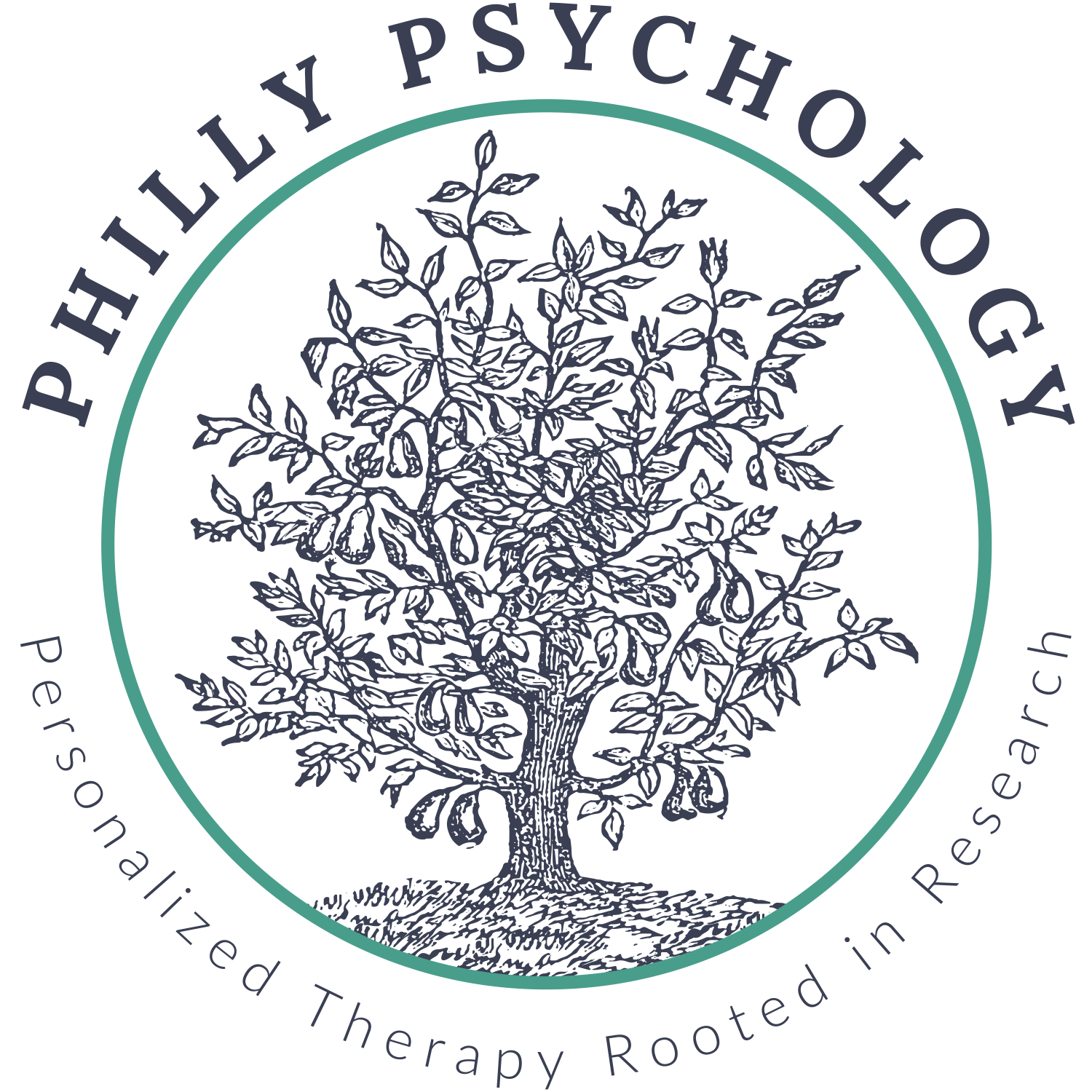CHILD POSTTRAUMATIC STRESS DISORDER
Has your child or adolescent experienced a traumatic event (e.g., physical or sexual abuse, violence in the home or community, an automobile accident, a natural disaster)? When children and adolescents experience catastrophic events, they may develop post-traumatic stress disorder (PTSD). Children and adolescents with PTSD may persistently re-experience the traumatic event (e.g., intrusive memories, traumatic nightmares, flashbacks, distress after exposure to reminders) and may try to avoid things that remind them of the trauma (e.g., trauma-related thoughts or feelings, people, places, conversations, objects, situations). Children may appear agitated or confused, and may become less emotionally responsive—depressed, withdrawn, and detached from their feelings. They may also show signs of PTSD in their play, repeating an aspect of the trauma. Adolescents may become more impulsive or aggressive following a traumatic event.
Treatment for post-traumatic stress disorder in Philadelphia:
Dr. Braunstein offers supportive, evidence-based therapy for children and adolescents with post-traumatic stress disorder, tailored to their specific needs and preferences. Contact Dr. Braunstein to schedule an initial visit at her office in Center City Philadelphia.
Helpful external resources for post-traumatic stress disorder:

